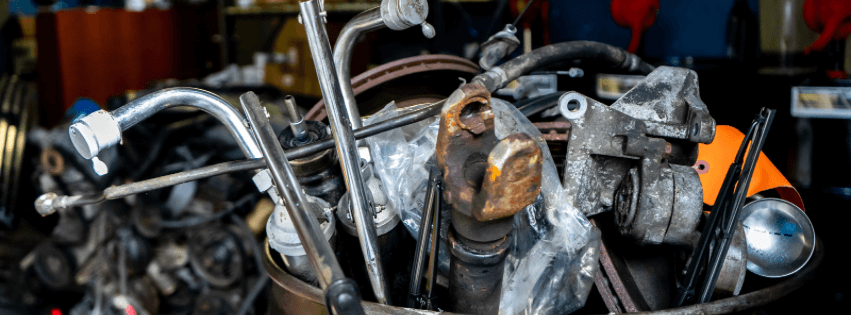In our increasingly eco-conscious world, the importance of recycling has never been clearer. Among the many materials we can recycle, aluminum stands out as one of the most impactful and efficient to reuse. Aluminum is not only one of the most widely used materials in the world, but it also happens to be one of the easiest to recycle, offering significant environmental benefits in the process.
Why Aluminum?
Aluminum is a versatile metal used in a wide range of products, from food and beverage cans to car parts, electronics, and building materials. Its widespread use means large amounts of aluminum waste are generated every year. However, aluminum is also unique because it can be recycled indefinitely without losing its quality or purity. This makes recycling aluminum a key part of any sustainable future.
Environmental Benefits of Recycling Aluminum
Energy Conservation: One of the most compelling reasons to recycle aluminum is the energy savings. Producing new aluminum from raw materials (bauxite ore) requires a substantial amount of energy—approximately 95% more energy than recycling aluminum. This means that by recycling aluminum, we can significantly reduce our overall energy consumption, which in turn reduces greenhouse gas emissions.
Reduction in Landfill Waste: Aluminum is not biodegradable, so when it’s tossed in the trash, it can sit in landfills for hundreds of years. Recycling aluminum prevents this waste from piling up, reducing the burden on our landfills. In fact, recycling just one aluminum can save enough energy to power a television for three hours. Imagine the impact if more people recycled their cans!
Conservation of Natural Resources: Mining bauxite (the primary raw material for aluminum) is an energy-intensive process that contributes to habitat destruction and pollution. By recycling aluminum, we reduce the need for new mining operations, helping to conserve these precious natural resources
How Aluminum Recycling Works
The recycling process for aluminum is relatively simple and highly efficient. After collection, aluminum cans or other products are sorted, cleaned, and shredded. The pieces are then melted down in a furnace, and the molten aluminum is poured into molds to create new products. Since aluminum doesn’t lose its quality during this process, it can be reused repeatedly to make new cans, foil, automotive parts, and more.

